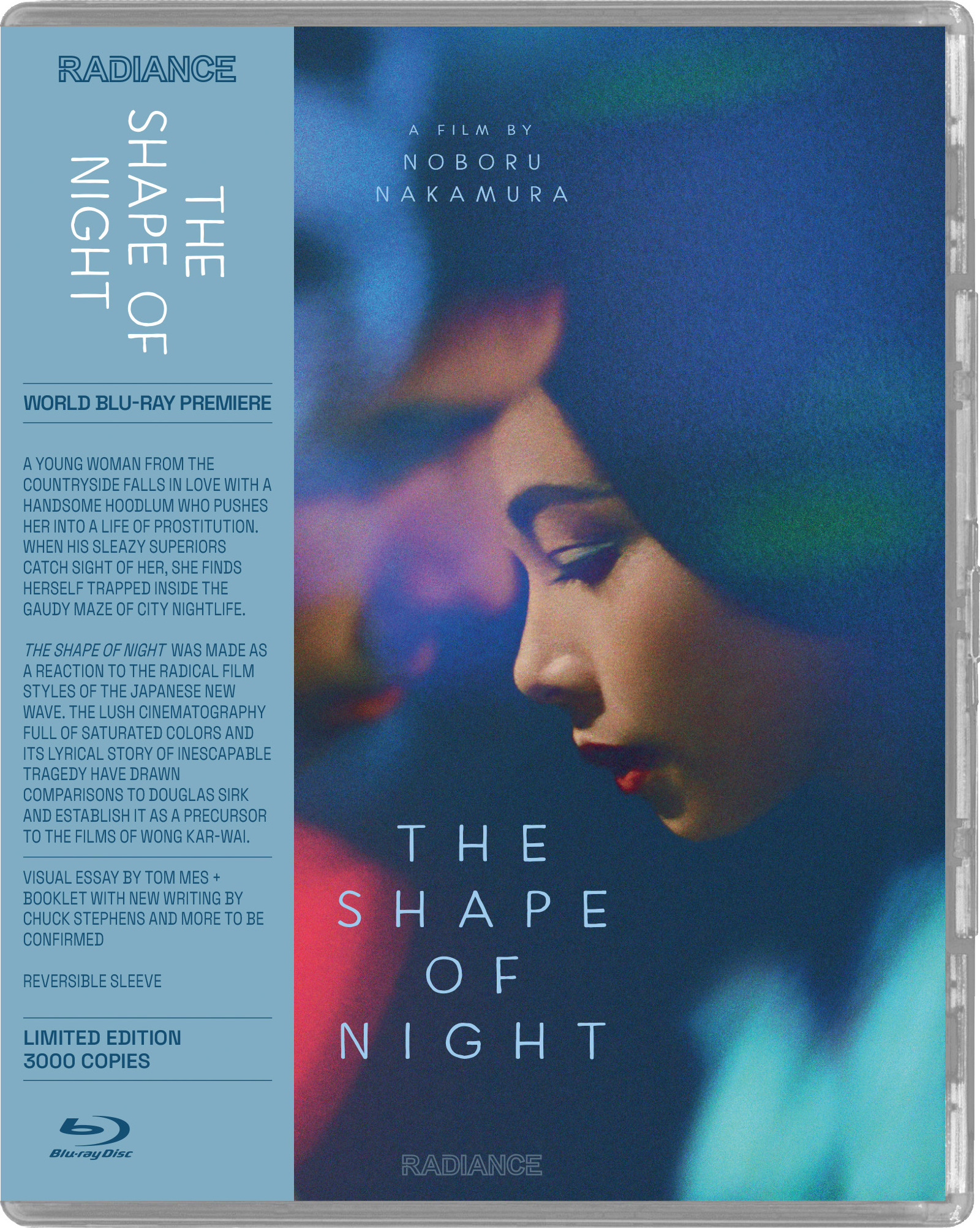The film introduces us to a jaded prostitute named Yoshie Nomoto (Miyuki Kuwano who I recognized from Kurosawa’s Red Beard as well as her earlier performances for Nagisa Oshima in Cruel Story of Youth and Night and Fog in Japan) whose latest client takes a shine to her and want to rescue her from the life she finds herself in. She pushes him away, explaining that her life was destined to end up this way. We then flash back to a time when she was a fresh and naive youth, moving into the big city. Working in a factory during the day and as a hostess at a club in the evenings, she finds that life in the big city isn’t all it’s cracked up to be. While working nights, she falls hard for a regular customer named Eiji (Mikijiro Hara who had previously appeared in the film Three Outlaw Samurai with Kuwano) who begins to make increasingly sleazy demands of her in order to get money to pay off his yakuza bosses. Soon Yoshie finds herself forced into prostitution to satiate the needs of her ruthless boyfriend and his superiors, pushing her further and further into hole of squalor and ill repute from which she finds she cannot emerge.
Director Noboru Nakamura is primarily known for his muted melodramas Portrait of Chieko and Twin Sisters of Kyoto, both of which were nominated for Best Foreign Film at the Oscars. But what Nakamura delivers with The Shape of Night is something a bit different. It is still at its core a heart-wrenching melodrama. But what Nakamura and regular cinematographer Toichiro Narushima (Double Suicide, Twin Sisters of Kyoto) delivers is a beautiful, neon-drenched journey into the underbelly of a society that is as liable to chew you up and spit you out as it is to give you help when needed. The opening with its rich neon blues sets a seedy, wistful tone that permeates the entire film. We can’t help but feel pain as we witness Yoshie’s downward spiral. The story of a hooker’s descent into despair isn’t an original one, but what Nakamura and Narushima give us is something wholly unique, a visual palette that externalizes the roiling turmoil within Yoshie’s tortured soul. And Kuwano absolutely nails it in her hardened performance, from embittered sadness in the present day opening to a naive exuberance when we first see Yoshie in the flashbacks, a fallen woman yet to topple into the abyss. Yes, she’s having to work hard, but she can make it by golly! But then comes Eiji, and you can see her hopes and dreams die slowly with each passing moment. One thing I appreciated with this film is in its depiction of the yakuza, and Eiji in particular, as weak and pitiful, incredibly unglamorous, and in stark relief to many of the gangster films that were coming out of Japan during this time. In reading up on this film, many comparisons to Wong Kar-Wai have arisen, and it frankly would not surprise me if Kar-Wai has said this film was an influence. The similarities are certainly apparent, not only in the vivid cinematography but in the portrait of strangers passing in the night, fated to come together and part.
This is a film that begs for a stellar video transfer, and Radiance has delivered. Using an HD master provided by Shochiku Studio then doing additional restoration work, Radiance has given this film a visual representation to be proud of. The neon pops, the blacks are deep and clean (especially important in a film like this where a large portion of it is composed of night scenes), contrasting really well with the bold lighting. On the audio front, we have a pretty basic Japanese mono track and it comes across well with minimal distortion. For extras, we have a couple of nice ones. First is a visual essay on Shochiku Studio by Asian cinema expert Tom Mes, and it’s a great overview of a key Japanese studio during a pivotal moment in Japan’s film history. Additionally we have an interview with Yoshio Nakamura, son of director Noboru Nakamura, who speaks fondly of growing up with his studio director father (there’s also a bonus interview clip with Yoshio Nakamura hidden as an easter egg). Like all Radiance releases, the disc also includes a physical booklet featuring an excellent essay by film critic Chuck Stephens as well as a translated interview with cinematographer Toichiro Narushima on his choices for the visual style of the film.
The Shape of Night is an absolutely beautiful hidden gem of a film worthy of rediscovery by fans of Wong Kar-Wai, Shohei Imamura and other directors who specialize is sorrowful portraits of lonely outsiders, and Radiance Films has given it the presentation it so richly deserves.

